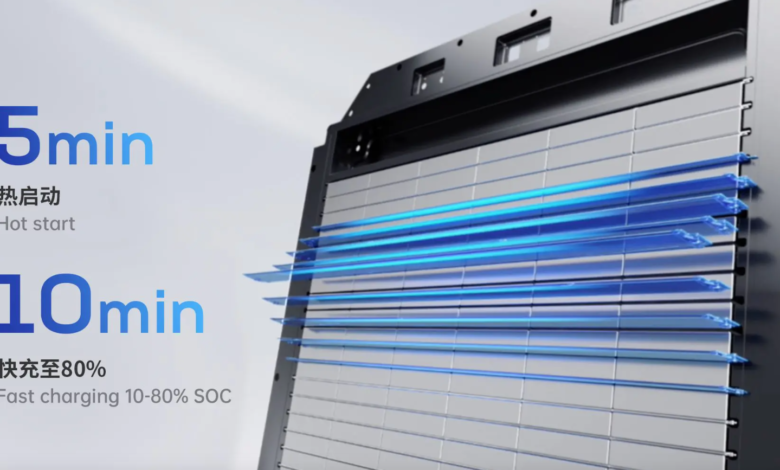Catl and Zeekr together for an electric car with over 1000km range

The ZEEKR 001 will be the first electric car with Qilin battery to have a range of over a thousand kilometers
(Sustainabilityenvironment.com) – On 23 June this year, the Chinese battery manufacturer CATL launched Qilin, a new lithium battery for the e-mobility sector, equipped with a high energy density: up to 255 Wh per kg. Today, after just two months, it already has the first agreement with the automotive industry. Compatriot Zeekr will, in fact, be the first brand to produce electric car with Qilin batteries on board, including a model with a range of over 1,000 km. This was announced jointly by the two companies just a few days ago.
In detail, explains An Conghui, managing director of the car company “in the first quarter of 2023 we will deliver to our customers the ZEEKR 009 with Qilin installed on board, while the ZEEKR 001 Qilin edition will be launched in the second quarter” of the same year. And the latter will be the first model to extend the mileage related to charging.
Read also The world’s first carbon-neutral car that captures CO2
Thanks to the know-how of CATL, its new battery inaugurated the third generation of CTP technology. The acronym stands for Cell-To-Pack, systems without modules in which individual cells also possess structural roles. This solution allows you to reduce the volume of the battery pack and the number of components needed, without affecting performance. On the contrary: Qilin – the name that comes from Chinese mythology – can reach an energy density of 225 Wh per kg. “Internal crossbar, cooling plate and thermal pad have been integrated into a multifunctional elastic intermediate layer”, explains the company. “The unit, composed of cell and elastic interlayer, is particularly stable and perpendicular to the direction of travel, thus improving the resistance to shock and vibration of the battery pack“.
The technology, adopting the innovative large cell cooling solution, supports hot start in 5 minutes and fast charging in just 10 minutes. “With the same chemical system and the same packaging size, it is able to provide 13% more energy than batteries with 4680 cells, achieving a complete improvement in autonomy, fast charging, safety, durability, efficiency and performance at low temperatures”.





